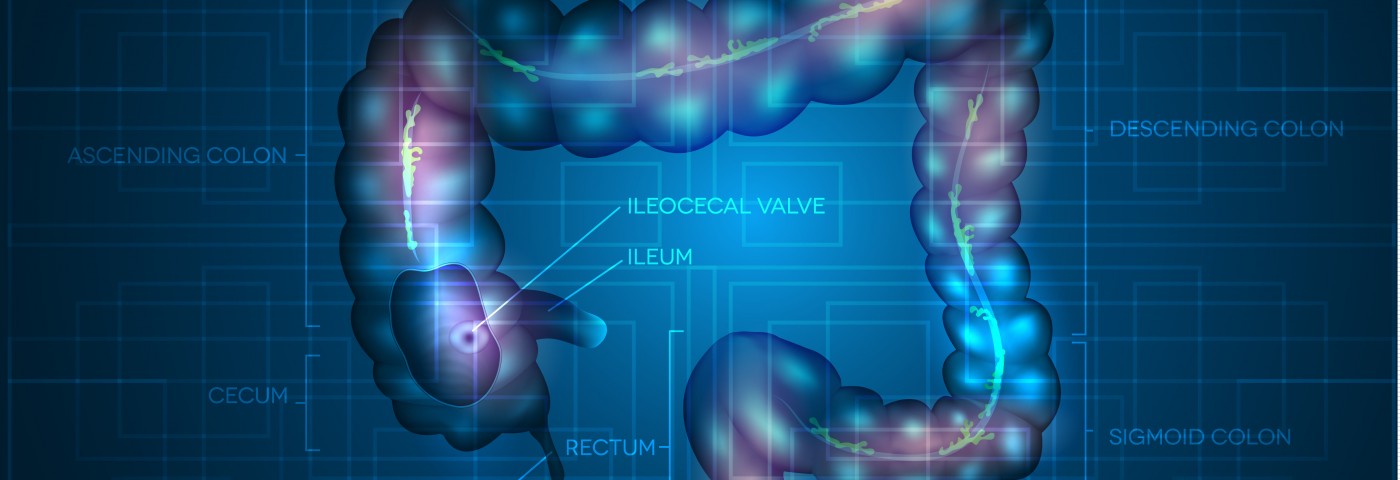Janssen Pharmaceuticals’ drug candidate Stelara (ustekinumab) demonstrated positive therapeutic effects in a recent Phase 3 clinical trial, inducing clinical response and remission in adult patients with moderate to severe Crohn’s disease who had been treated with anti-tumor necrosis factor (TNF)-alpha therapy and were either unresponsive or intolerant to it.
The efficacy and safety results from the Second Stelara Phase 3 Induction Study (UNITI-1) were presented at the 11th Congress of the European Crohn’s and Colitis Organization. Janssen has submitted applications, currently under review, with the U.S. FDA and the European Medicines Agency seeking approval of Stelara for the treatment of moderate to severe Crohn’s disease.
Stelara is a monoclonal antibody antagonist of human interleukin-12 and interleukin-23, molecules that are believed to play a role in the autoimmunity that leads to diseases such as Crohn’s.
Janssen launched a comprehensive Phase 3 UNITI clinical development program which included three studies, UNITI-1, UNITI-2 and IM-UNITI. Data from the UNITI-2 study, which evaluated Stelara for the treatment of patients who had failed conventional therapy but were mostly naïve to treatment with anti-TNF-alpha, was presented at the 2015 American College of Gastroenterology Annual Meeting and United European Gastroenterology Week. Data from the IM-UNITI maintenance study will be presented at a future medical congress.
The placebo-controlled UNITI-1 study enrolled 741 adult patients with moderate to severe Crohn’s disease who were randomized to receive either a single IV infusion of placebo, Stelara 130 mg, or Stelara ~6 mg/kg. The study’s primary endpoint was the clinical response at week six, measured through the reduction by at least 100 points in the Crohn’s Disease Activity Index (CDAI) score. Secondary endpoints included, at week eight, clinical response and clinical remission.
Results indicated that, at week six, clinical response was achieved by 34 percent of the patients in each drug dose group, compared to 22 percent of the patients in the placebo group. At week eight, 34 percent of patients receiving Stelara 130 mg and 38 percent of patients receiving Stelara ~6 mg/kg achieved clinical response, while in the placebo group only 20 percent of patients achieved such response.
In addition, 16 percent of patients receiving Stelara 130 mg and 21 percent of patients receiving Stelara ~6 mg/kg achieved clinical remission (CDAI of less than 150 points), compared with 7 percent of patients in the placebo group.
Patients receiving Stelara at both doses experienced significant improvements in the Inflammatory Bowel Disease Questionnaire, as well as a significant reduction in markers of inflammation, such as C-reactive protein. Adverse events were similarly reported across the Stelara and placebo groups.
“We are pleased to share these important results from the Phase 3 UNITI-1 induction study, which complement Phase 3 results from the UNITI-2 study and further support regulatory applications submitted seeking approval of Stelara for the treatment of moderately to severely active Crohn’s disease,” said Newman Yeilding, M.D., head of immunology development at Janssen Research and Development, in a press release. “Janssen Immunology remains committed to the continued development of Stelara and the discovery of innovative medicines for the treatment of immune-mediated diseases.”

